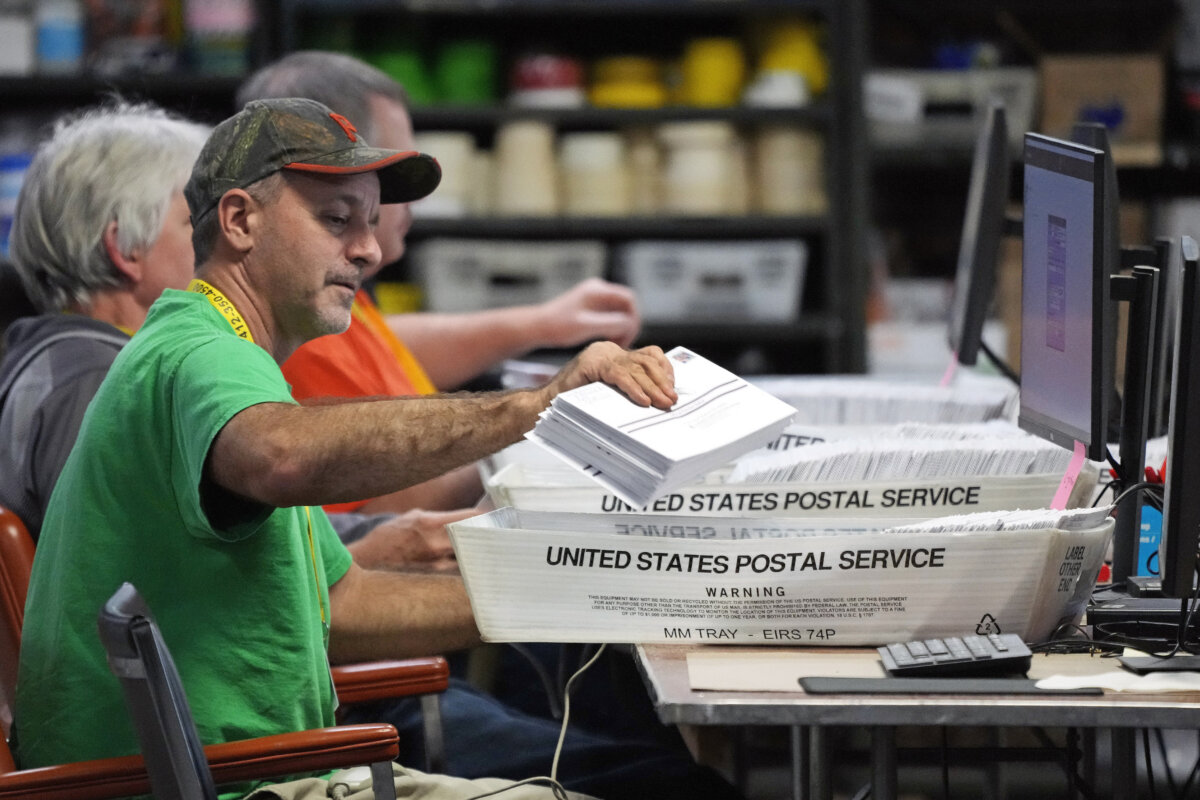Attempting to murder American presidents is what ten characters have in common in Stephen Sondheim’s 1990 musical, Assassins. What makes Americans kill their leaders, and what kind of American tries to pop the Prez?
According to director Adam Brazier, unfortunate characters like these are built into the American Dream, like a computer glitch.
“This is a show about the American Dream and how it can be manipulated, and how it can become an expectation,” says Brazier by phone. “It’s seen now as a birthright. But the pursuit of happiness is the actual American birthright. Whether they get it or not is a separate issue.”
With a situation like that, a lot of people can slip through society’s cracks, as we’ve seen with the current American health care debate. These off-the-grid castaways seem to fester at the sidelines of their own culture. They are divided by poverty, by ineptitude and indifference.
It’s probably inevitable that some of these people become monsters, which is bad for national security but fine for theatre.
“We can easily become misguided and forget about people who are outcasts and misfits,” says Brazier. “We dismiss them, but we don’t consider what sort of people we’re creating by being this way. That’s very current in American society today.
“Villains are interesting people,” adds Brazier. “This is a show about villains and what compels them and drives them. And, more importantly, it’s about how we relate to them.”
So the challenge is to watch someone performing the role of, say, Lee Harvey Oswald, and hear him try and justify his murderous actions, which are fascinating and indefensible. That’s the sort of contradiction that makes drama, and America, so compelling. The morbid complexities of the first modern republic make for great theatre.
Brazier denies that concerns for U.S. President Obama’s safety were why he chose to mount Assassins, but if people are bringing their social anxieties to the theatre, that’s good.
“We want people to be upset and inspired,” he says, “Our audience should come away angry and asking questions, and finding hope.
“I didn’t choose this show because it’s socially aware,” concludes Brazier, “I’m sticking up for musical theatre. It’s very seldom people take the risk of producing theatre that is thought provoking. We produce fiscally-minded shows, and that means being brave sometimes. This show demonstrates how good the musical form can be, if we just let it.”
















